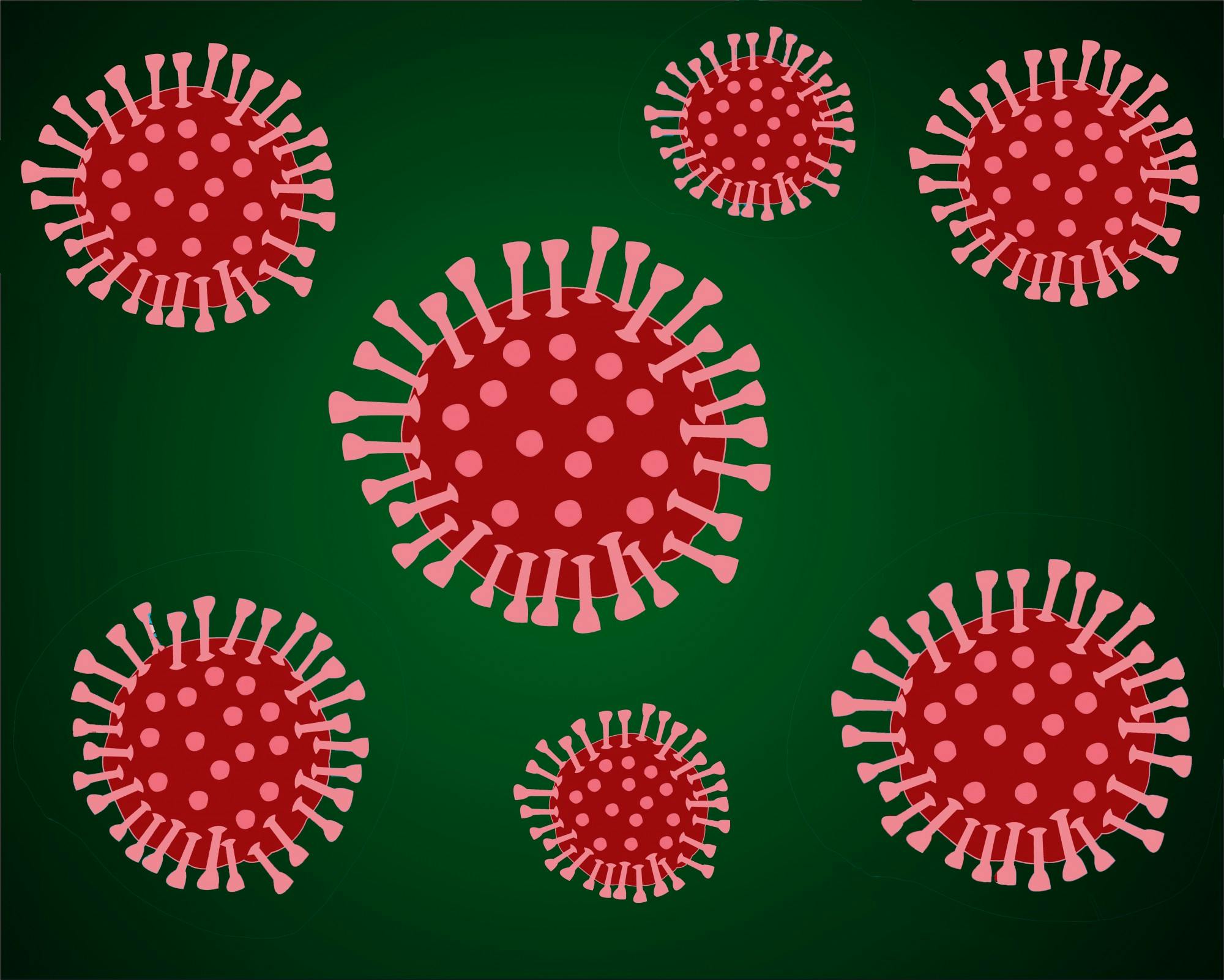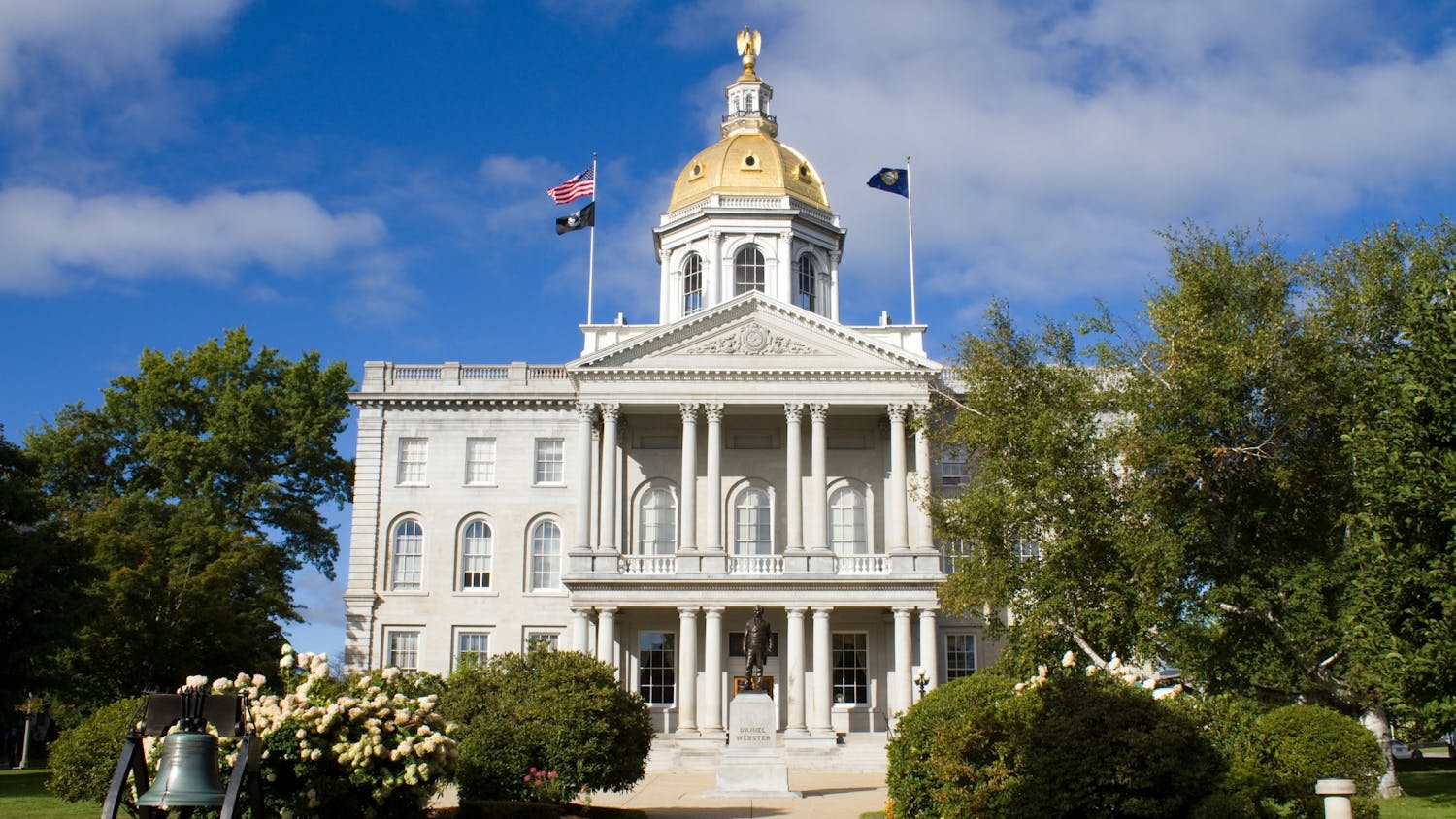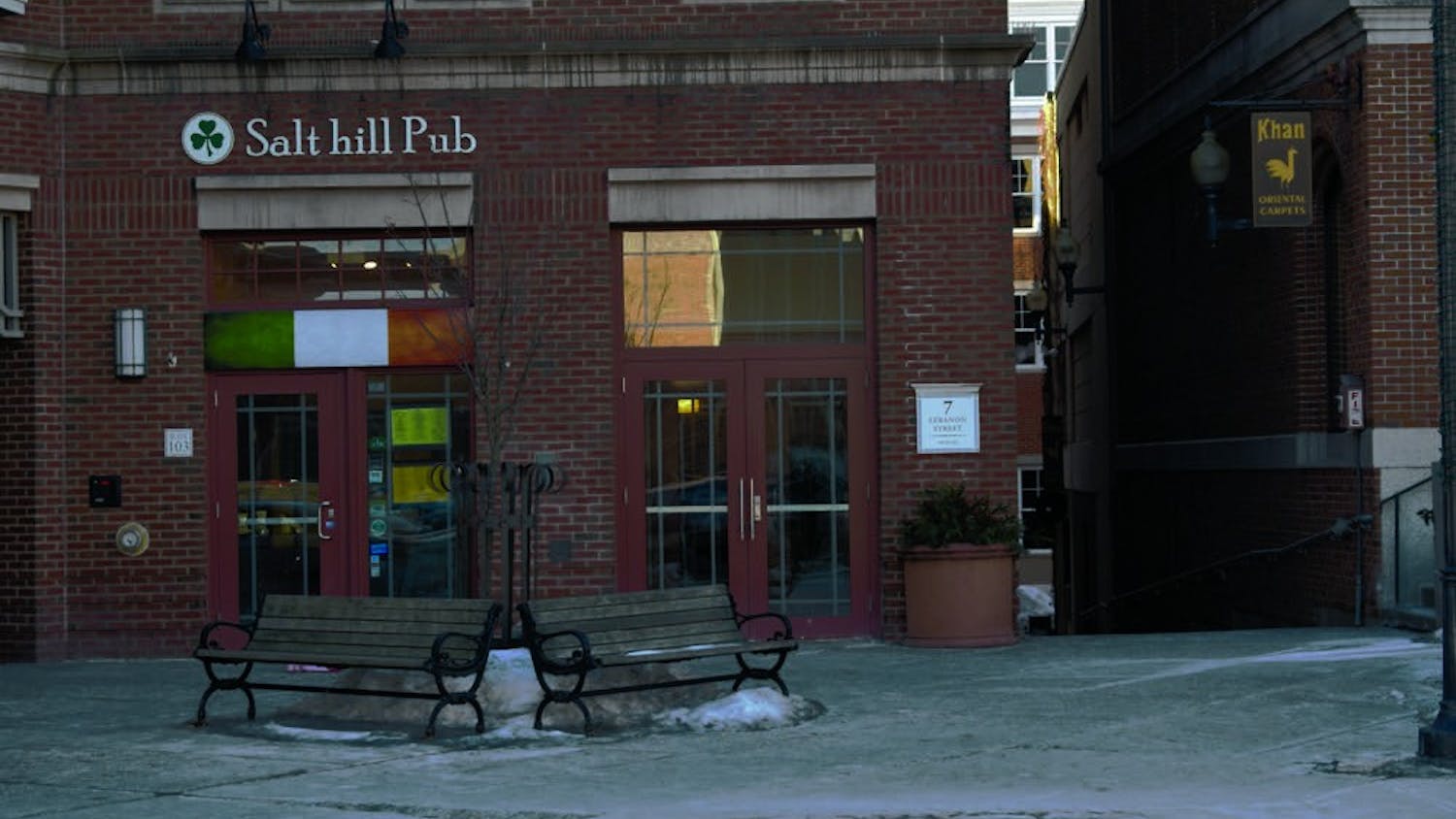As Hanover and the greater Dartmouth community await the news for the upcoming fall term, cases of COVID-19 in Grafton County have been on the decline and businesses and health centers have adjusted to a new normal.
According to Hanover town manager Julia Griffin, testing is now widely available in Vermont and New Hampshire for those in the Hanover area. People can be tested at Dartmouth-Hitchcock Medical Center as well as at sites in Claremont, Lebanon and White River Junction.
Widespread testing has only become available in the last month, according to Griffin. Today, she said, testing should be accessible to all.
“Anybody who wants to test at this point can get a test,” she said.
While New Hampshire’s first case of COVID-19 in March came from a DHMC employee, case numbers in Grafton County have remained low. As of June 25, there have been 80 confirmed cases, eight hospitalizations and one death in the county, according to data collected by the NH Department of Health and Human Services. Cases in Grafton County plateaued in May, Griffin said.
According to Griffin, there were initially a significant number of cases on campus at the beginning of spring term among the students who were quarantined. Most of the COVID-19 cases in Hanover were from Dartmouth students, Griffin said. According to the state tally, 15 positive cases have been recorded in Hanover.
Griffin said that DHMC is returning to an “operational relative normal” and has been requiring all people to wear masks when entering the building, along with screening for symptoms.
“My understanding is that things are much more back to normal both at Dartmouth-Hitchcock Medical Center and the other hospitals in the region,” Griffin said.
To Griffin, the declining cases are a reflection of the community’s perseverance through the initial wave of COVID-19 cases.
“We worked through that wave and worked our way out of it,” Griffin said. “For now, numbers are very low in this part of the state and we’re not seeing significant outbreaks.”
Geography professor Abigail Neely, who taught GEOG 80.10, “COVID-19 and the Social Life of Epidemics” during the spring term, wrote in an email statement that she believes the low number of cases could potentially increase “given how relaxed people have become about social distancing.”
“My guess is that they will go up, though if people are careful, keep distance, mostly stay home, and wear masks when they can’t, they will stay low,” Neely wrote.
Griffin said she noticed a discrepancy in town between older generations donning masks and the younger population going without them in public. To address this, the town of Hanover will be installing signs on Main Street requesting people to wear masks when in town, she said.
Hanover resident Robin Kaiser ’83 said she has observed that a majority of people have not been wearing masks when walking around town. However, she said she has been pleasantly surprised to see some college-aged people wearing masks while grocery shopping at the Hanover Co-op.
“I think you have some kids who are clearly thinking ‘I’m young, [and] it’s not going to affect me,’” Kaiser said. “But then you have other kids who are clearly Dartmouth students making an effort.”
Griffin said the low virus numbers may be giving residents a false sense of security.
“I think people just have this sense of safety here because we don’t have a large covert caseload in the Upper Valley,” Griffin said. “But I would argue one of the reasons we’re going to be able to keep it that way is if more people wear their masks to prevent the spread.”
According to an announcement made by Gov. Chris Sununu (R) on June 11, New Hampshire’s stay-at-home order expired on June 15 and restaurants, gyms and various businesses were permitted to begin reopening. According to Griffin, all of the restaurants and most of the businesses in downtown Hanover have reopened. While Skinny Pancake, Salt Hill Pub, Noodle Station, Swirl and Pearl and Morano Gelato have permanently closed their doors, the remaining restaurants have adapted to the pandemic by providing outdoor dining spaces for patrons. Main Street has also taken on a new structure as restaurants utilize parking spaces and traffic barriers to make space for socially distanced seating. A few restaurants with the space capacity have also begun to serve food inside, including Molly’s Restaurant and Bar, Base Camp Cafe and Tuk Tuk Thai, according to the restaurants’ websites.
A majority of the retailers in town are also open, with the exception of Fat Face, which is set to debut at a revised opening date in early July.
Kaiser that that the outdoor dining in town seemed “crowded — relatively speaking — with the tables distanced.”
She reflected on the interdependency between the town and College that she said the pandemic has shined a light on.
“The community depends so much on the students being here,” Kaiser said. “Not only businesses, but just in general it’s really brought home to me how intricately intertwined the two are.”
As for the possibility of students returning in the fall, Neely supports some students returning to campus, so long as it is to address the equity and access concerns many have faced due to remote learning.
“Insofar as a return to campus is about addressing these inequities — offering secure housing and food, reliable internet, and a safe place to live — I am very supportive of students returning to campus,” Neely wrote.
However, she cautions that public health concerns must remain at the forefront.
“If cases are limited, space is abundant, testing is scaled up, and there is hospital capacity, students can return,” Neely wrote. “But to ensure that this works, I doubt there will be very many students.”
Dartmouth will announce its plans for bringing students back to campus on June 29.
Correction appended (June 26, 2020): A previous version of this article incorrectly stated that Abigail Neely did not support the return of more than a few students to campus due to health concerns. The article has been updated to more accurately convey her opinion that students facing equity and access concerns should be allowed to return.




